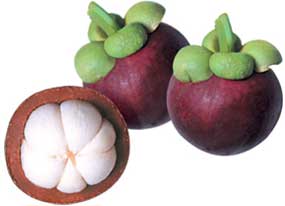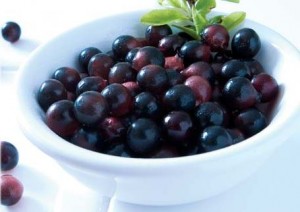As someone who suffers from allergies and asthma (even though whatever is causing my allergies is still a mystery to me), this news is intriguing: A new study from the University of Ottawa shows that honey can be effective in killing bacteria that cause chronic sinusitis.
In chronic sinusitis, the mucous membranes in your sinus cavities become inflamed, causing headaches, stuffy nose, and difficulty breathing. While chronic sinusitis can be caused by allergies, it can also be caused by bacteria that colonize in the nose and sinuses. That’s where this news on honey may have some exciting prospects.
Honey is predominantly sugar (fructose and glucose). It also contains tiny amounts of several compounds thought to function as antioxidants, including chrysin, pinobanksin, vitamin C, catalase, and pinocembrin. Honey has long been touted for its health benefits, and is commonly used to soothe sore throats and relieve coughs. But its powers may be even more extensive than first thought.
Researchers, led by Tala Alandejani, MD, at the University of Ottawa, tested two honeys, manuka and sidr. Singling out three bacteria, they found that the honey was effective in killing them. Maybe the most interesting discovery was that the honey worked significantly better than an antibiotic against two bacteria: MSSA (methicillin-susceptible Staphylococcus aureus) and MRSA (methicillin-resistant Staphylococcus aureus).
The study is being presented at the 2024 American Academy of Otolaryngology — Head and Neck Surgery annual meeting in Chicago.
NOTE: Infants one year or younger should never eat honey. It can become toxic in their underformed intestinal tract, causing illness or even death.



